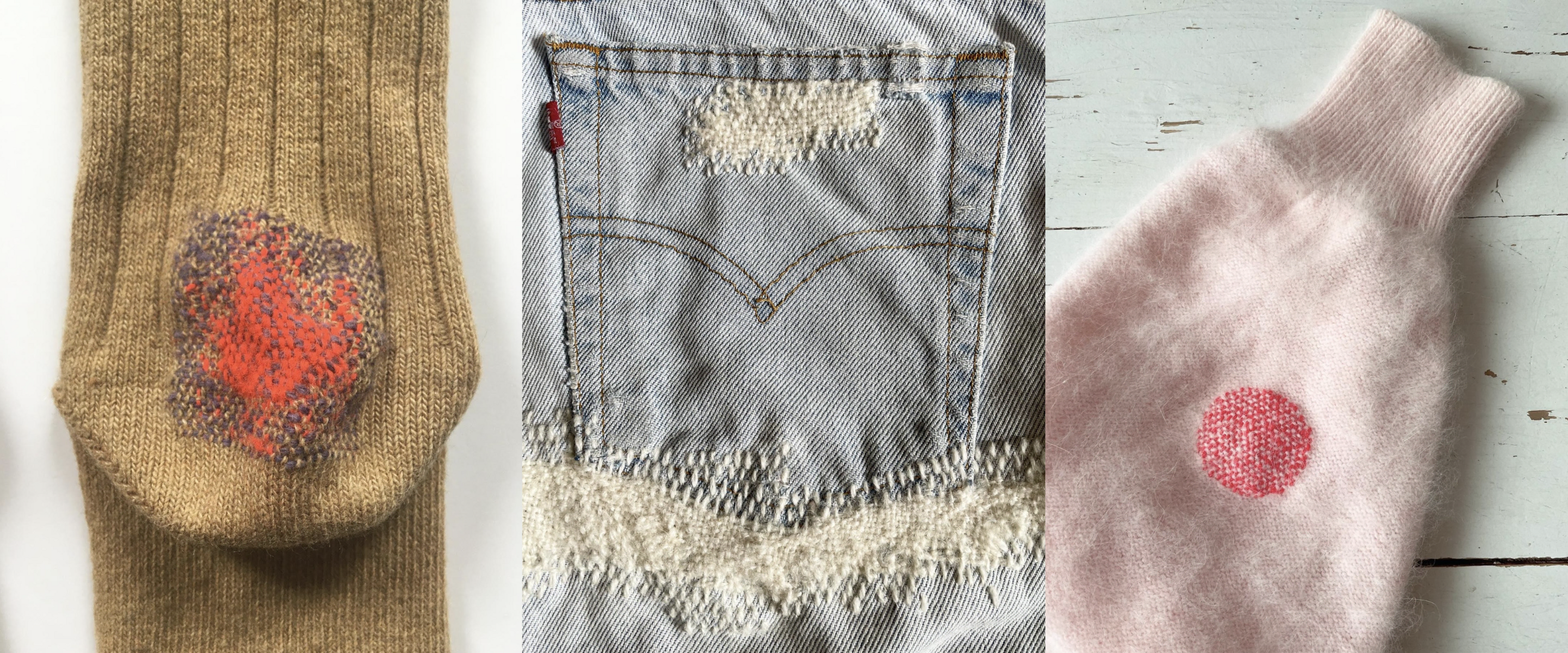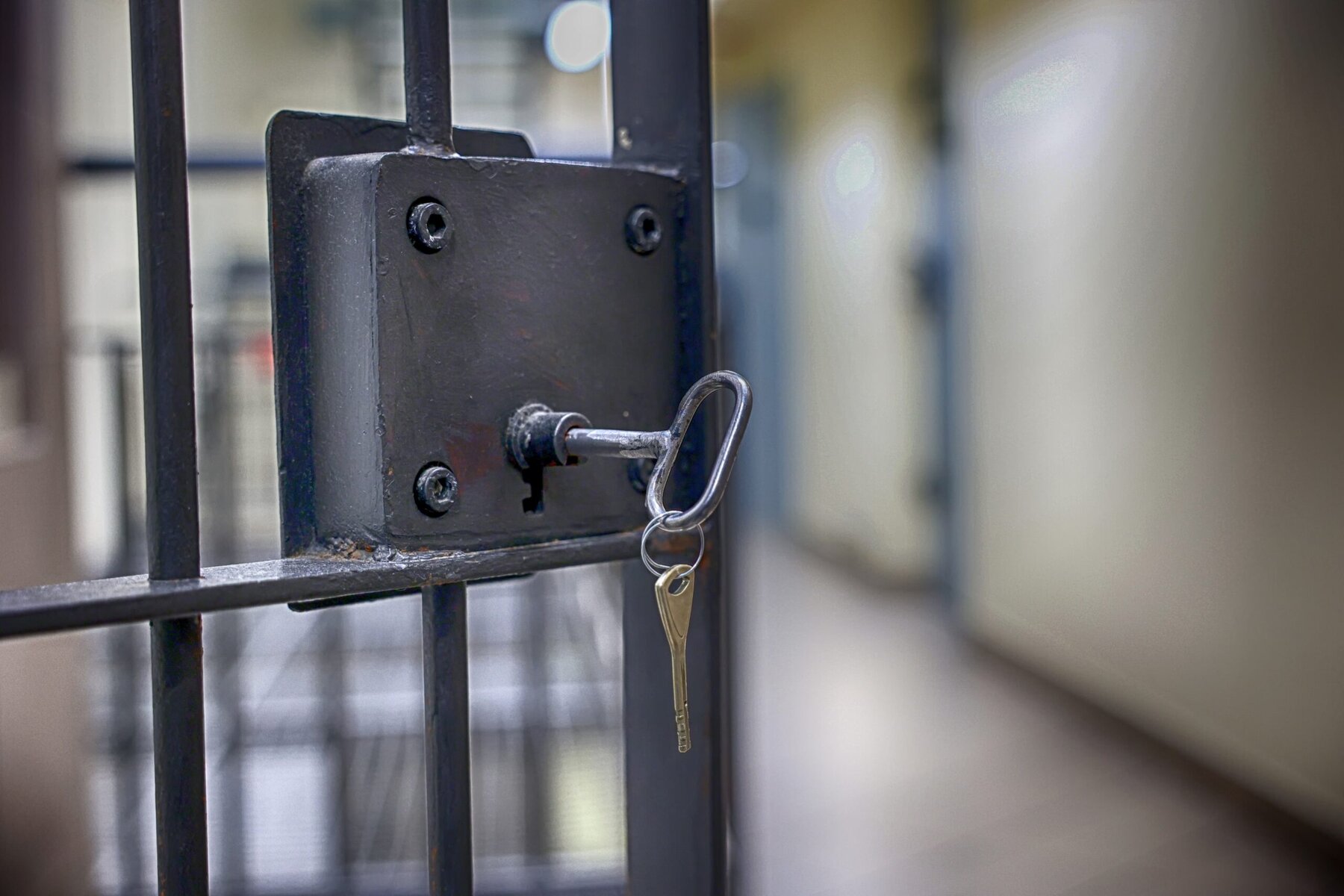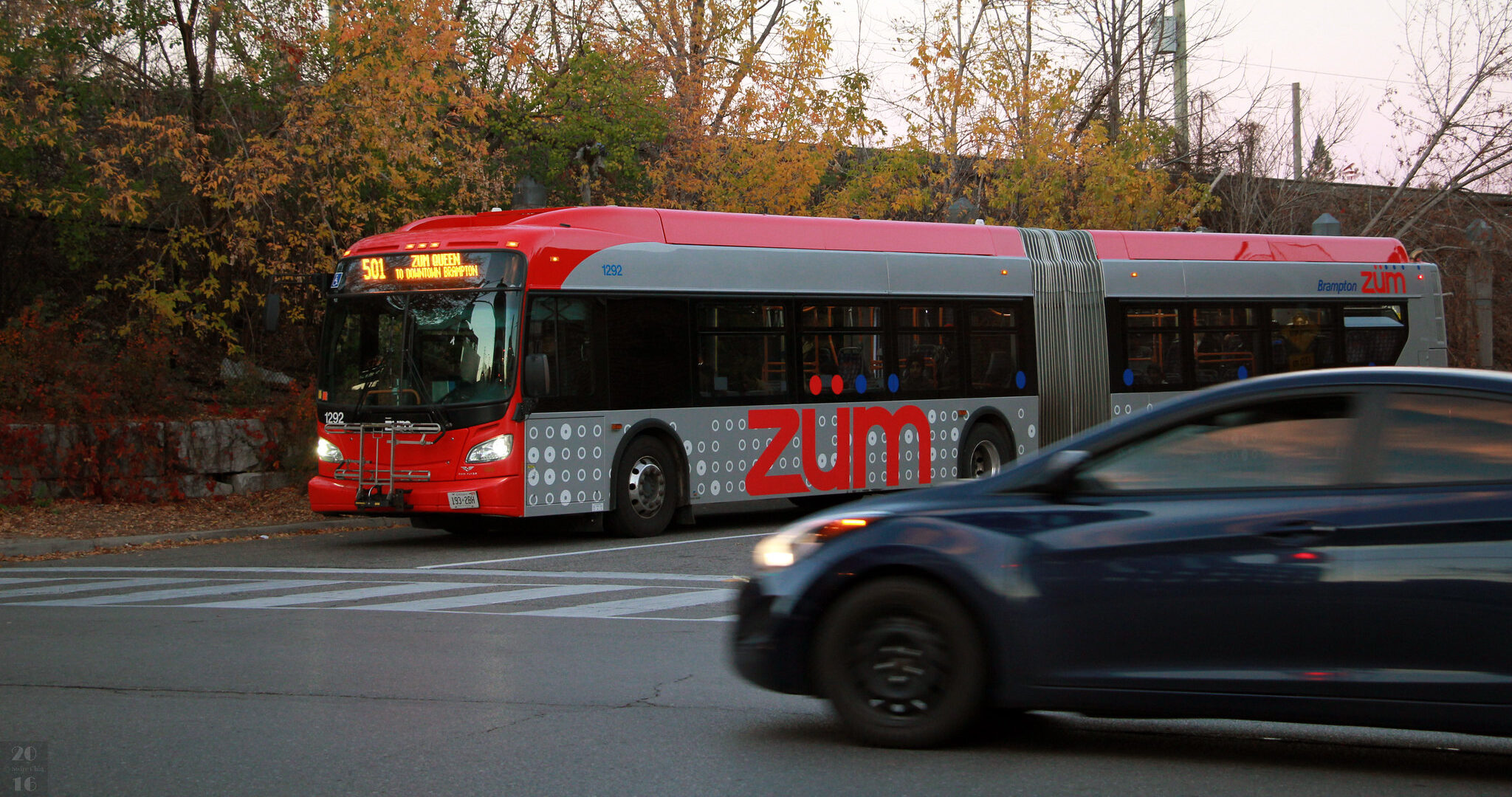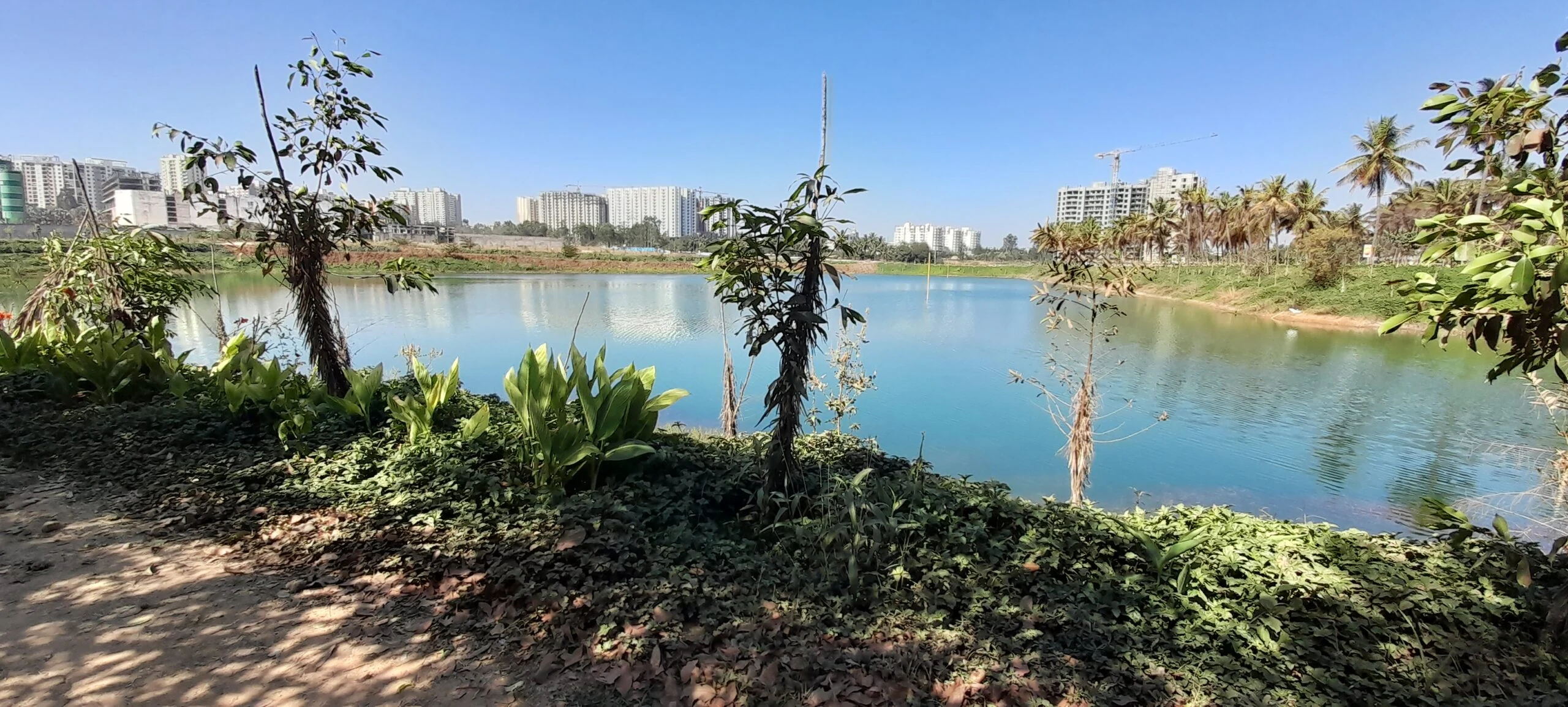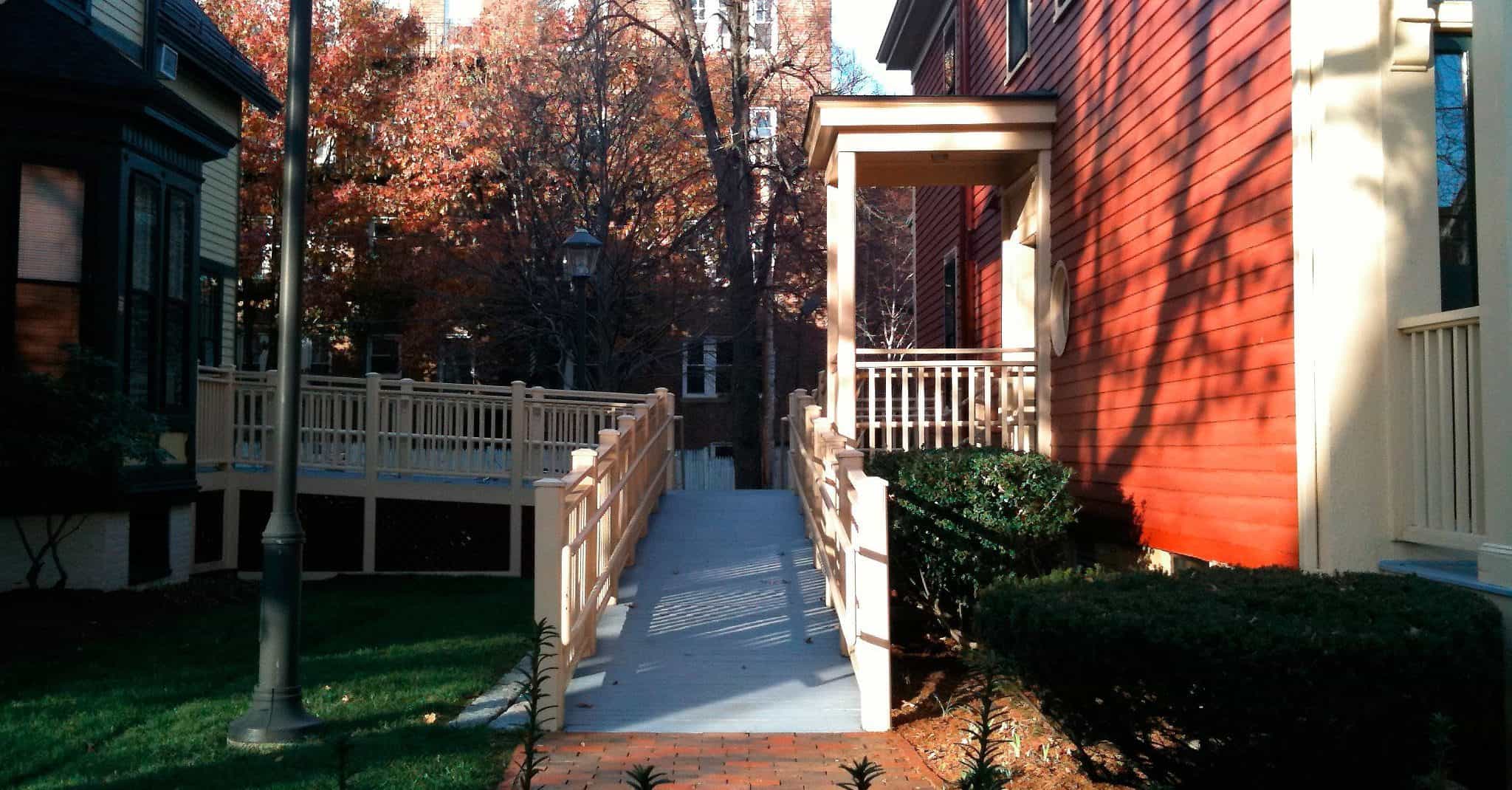Three great stories we found on the internet this week.
Healing matters
Tasnim Sulaiman, a therapist in Philadelphia, noticed over time that certain themes came up again and again in her sessions with Black men, including unresolved childhood trauma and absentee fathers. She began to wonder how many Black men — especially those who couldn’t afford therapy — were feeling the same things. So she started Black Men Heal, a nonprofit that provides pro bono therapy.
New participants get eight free sessions, and 75 percent continue beyond those sessions. Black Men Heal has served 3,567 men in five years, and now has providers not just in the Philadelphia area, but in several surrounding states, too.
LeBrian Brown, who dealt with heavy challenges during the pandemic, said coming to Black Men Heal was “like a breath of fresh air.”
Read more at the Christian Science Monitor
Good sports
Each week for over a decade, a group of soccer players has been meeting at a park in a Chicago suburb to play friendly matches and catch up. An ordinary American scene — except that all the players are Afghan refugees and asylum seekers.
Weighed down by negative news?
Our smart, bright, weekly newsletter is the uplift you’ve been looking for.The two teams, Salsal and Shamama, are named for ancient Buddha statues that the Taliban destroyed in 2001. The names are a nod to Afghans’ long history before the Taliban, and to the resilience of the refugees themselves.
“The soccer team has been a lifeline for me,” said Aziz Parsa, one of the players. “It’s not just about the game; it’s about finding a community that understands our struggles and supports one another.”
Read more at Borderless Magazine
Lots of improvement
Can trees prevent crime? That’s the idea behind Flint, Michigan’s Cool Lots project, through which residents of marginalized neighborhoods turn vacant lots into heat-mitigating green spaces.
A history of disinvestment has left parts of the city with a disproportionate share of vacant lots, which attract crime while exacerbating the urban heat-island effect. Cool Lots tackles both problems at once, offering neighborhood groups $4,000 grants to turn cracked asphalt and dilapidated buildings into green spaces that reduce heat while crowding out blight and criminal activity.
“There’s a lot of opinions as to what should be the focus in Flint, and often it’s public safety and blight, but I think it’s all related,” said one participant. “And I think even though those things are challenges, we still have a responsibility to try to address other issues at the same time.”




